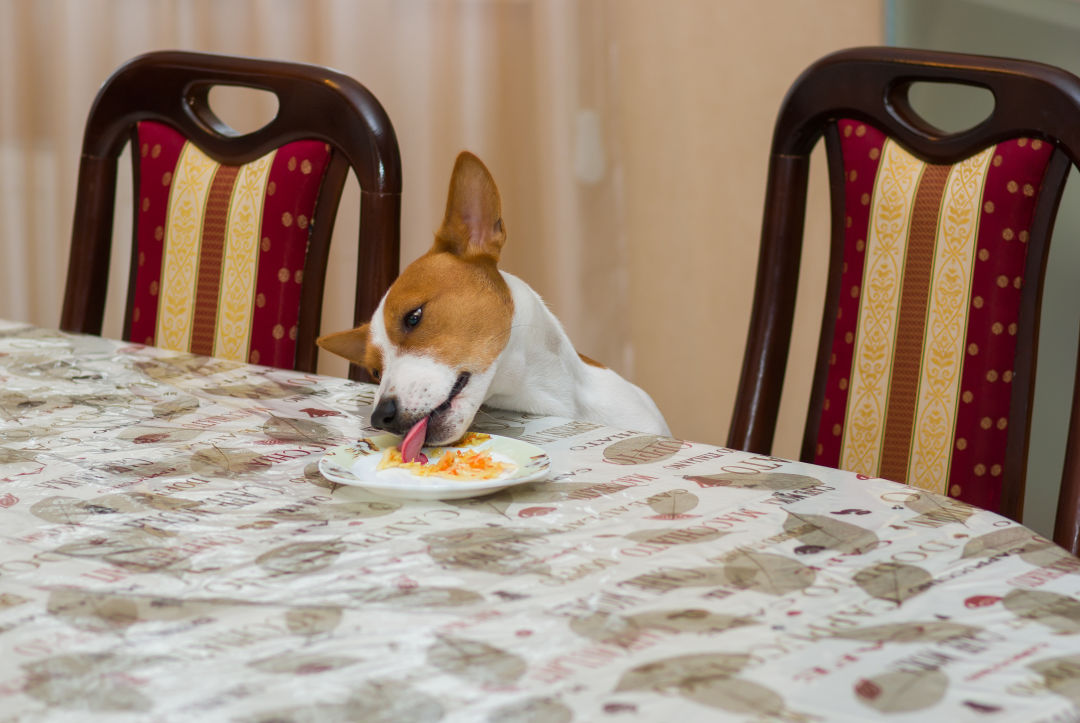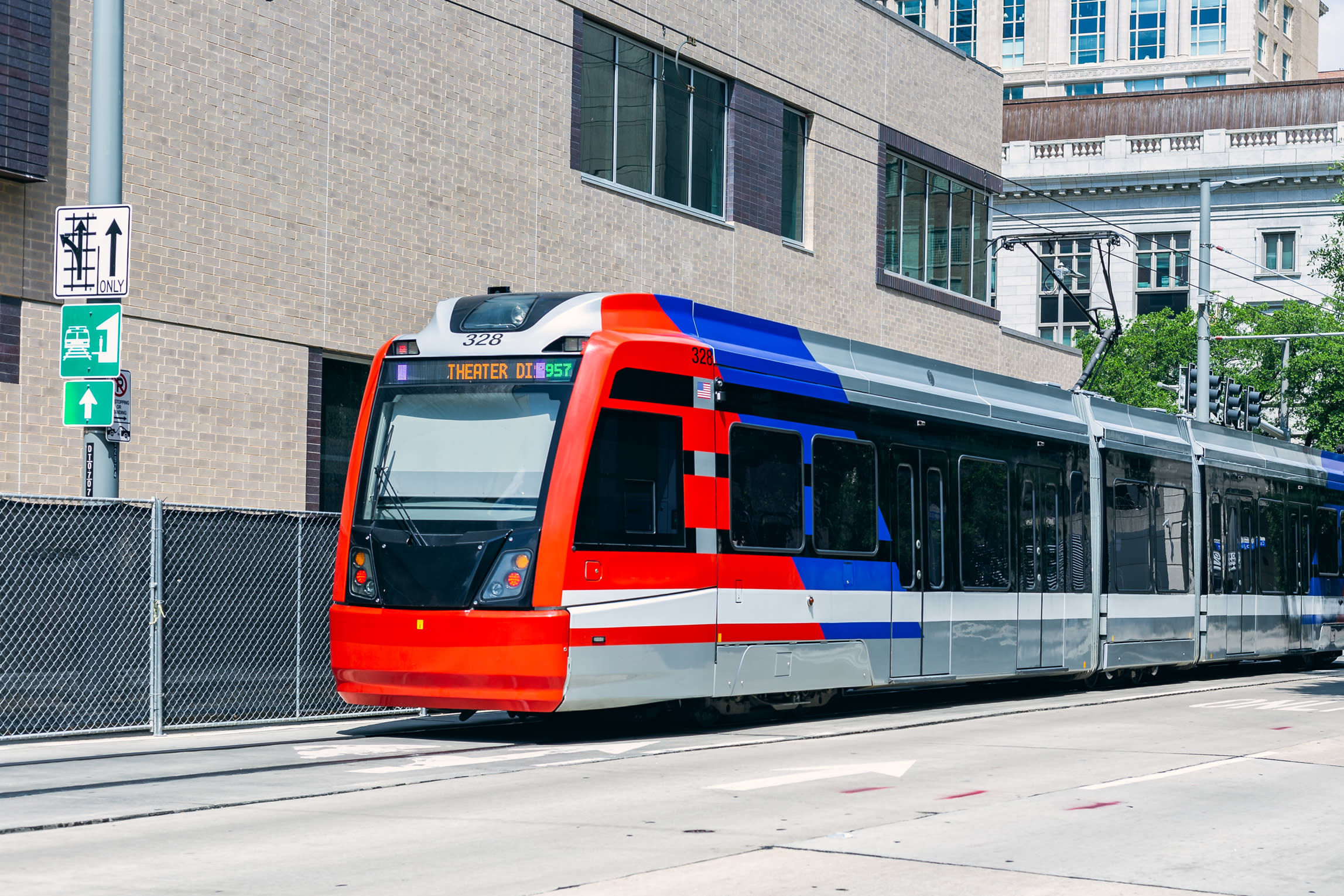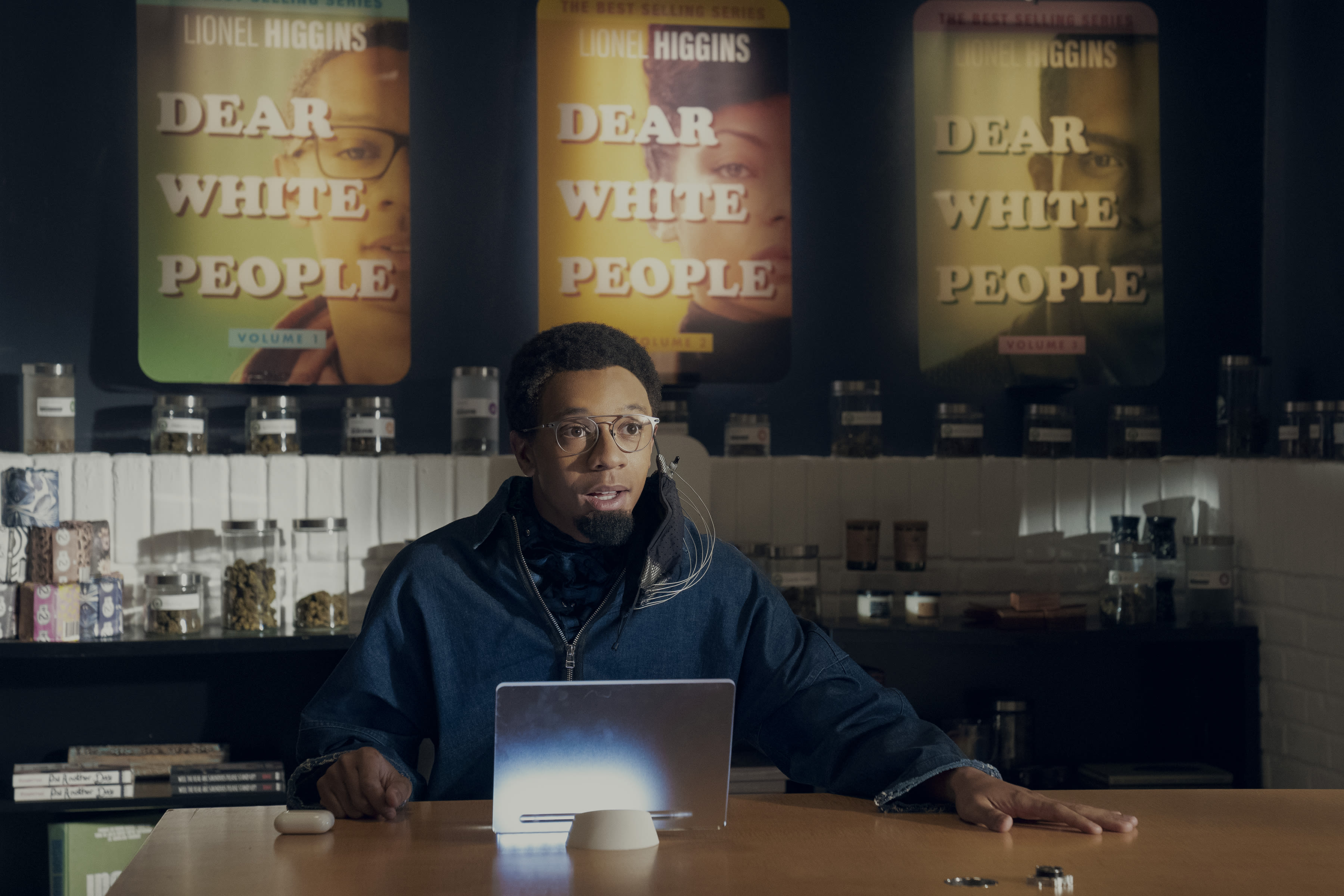The Critic's Notebook: On Eating Alone

This basenji doesn't mind dining alone, why should you?
Image: Shutterstock
It's one thing to be eating a poorly made pastrami sandwich at the JCC. It's another to be doing so alone.
I was 14, on spring break, and waiting for my father to get out of his senior men's meeting (he was 69 at the time and had introduced me to the whole room as "the product of [his] old age") so we could play racquetball. I don't know why the gentleman eating the sandwich wasn't also in the meeting. All I know is that I had never seen anyone look more shriveled, more forsaken, more pitiful. Eating in a restaurant alone, even if it was only the JCC cafeteria, seemed to me the very depth of solitude—in a public space without a soul to care enough to join you for smoked meat.
I would never eat alone in a restaurant, I promised myself. If I did, it would be because I had reached that same age, when all of my friends had left me for the next world, a brief stopover before I joined them. Eating alone, I was sure, was what you do only out of necessity in the days before you die.
Now, I do it nearly every day. I've never taken for granted that I'll wake up the next day, but I think chances are I'm not going to suddenly expire in bed one night in my thirties. So what gives? I grew up to be a food writer, moved to a new city and became single for the first time in my adult life. And I learned that going places alone is the best way to truly see them.
There are many occasions that require company. When I'm writing a review for print, I visit a restaurant at least twice with at least one other person to ensure that I get as broad a scope of the menu as possible. It's a lot of fun and my friends always seem truly grateful for the opportunity. Done right, it's both reporting and a social occasion for me.
But more often, I'm only planning on writing about a single item at a restaurant, either for a short piece in the magazine or on the blog. In those cases, for reasons of both economy of time and money, it makes the most sense for me to run out for lunch alone. And I do so very nearly every day.
Often, it's a surprise to the first staffer who sees me when I tell them that it will just be one. A few days ago at a Mediterranean restaurant in Westchase, the host actually corrected me, repeating my request as "table for two." I imagine solo diners more often still look like the man at the JCC than they do a brightly attired, put-together young woman.
I go through a similar dance at most meals I eat. Usually, the faces shift from confusion to pity. Often, especially at restaurants run by more recent immigrants, the confusion remains, especially if there's a language barrier. I am treated like an alien who has landed, unaccompanied, asking for food. This doesn't bother me; I've never been one to easily blend in.
In situations when my server does speak fluent English, especially if I'm being helped by a woman, she goes out of her way to make conversation, attempting to make me feel comfortable. And if the restaurant is quiet, I'll play along, sometimes even bringing other diners into the action, discussing dishes with them, or why they're visiting the same kind of out-of-the-way hole-in-the-wall I favor. I'm not a natural extrovert, so this is always an effort.
Most often, I read. In recent months I learned to switch from lugging around a heavy volume (the last was Simon Sebag Montefiore's 784-page history of the Romanovs) to downloading books to my phone. I skipped the step of a tablet in favor of something tiny that's always with me. A friend addicted to books on tape about evolutionary biology turned me on to Hoopla and Overdrive, apps that allow me to borrow library books onto my phone. Right now, I'm switching between learning about JFK's undiagnosed Celiac disease in The Medical Lives of History's Famous People and catching up on my classics in the form of A Room with a View.
But I rarely read while I'm eating: The greatest gift of dining alone, it turns out, is placing my full attention on my food, on the moment, on my surroundings. By then, I'm rarely self-conscious that I'm the only person in the restaurant without a companion.
I may, in some ways, be on the outside looking in, but that's a journalist's chosen lot. That is how we learn and observe with as little bias as possible. I'm lucky: In my observing, I am exceptionally well-fed. And there is no loneliness in that.




